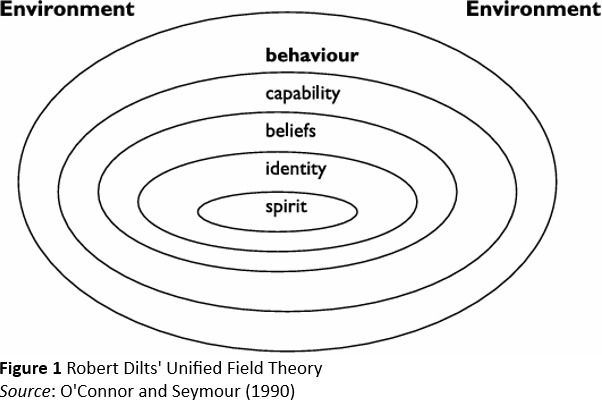


 Grammar
Grammar
 Tenses
Tenses
 Present
Present
 Past
Past
 Future
Future
 Parts Of Speech
Parts Of Speech
 Nouns
Nouns
 Verbs
Verbs
 Adverbs
Adverbs
 Adjectives
Adjectives
 Pronouns
Pronouns
 Pre Position
Pre Position
 Preposition by function
Preposition by function 
 Preposition by construction
Preposition by construction
 Conjunctions
Conjunctions
 Interjections
Interjections
 Grammar Rules
Grammar Rules
 Linguistics
Linguistics
 Semantics
Semantics
 Pragmatics
Pragmatics
 Reading Comprehension
Reading Comprehension|
Read More
Date: 2025-04-15
Date: 2025-03-31
Date: 2025-04-13
|
What next educators?
Following the assessment and problem-solving period, it is necessary for educators to share and use the information gathered successfully, so that the learner’s behavior is not just temporarily adjusted. If there is an over-reliance on ‘behavioral strategies’, this can happen. However, in busy schools, this is not easy, and spending time on developing positive relationships is often seen as peripheral to the process of teaching. A therapeutic approach to education does actually mean working with the relationships involved and in fact, socially and psychologically, it is central to the whole process. Emotions and feelings are inextricably tied up in the process of learning and teaching and cannot be ignored. Robert Dilts’ Unified Field Theory (O’Connor and Seymour, 1990) (Figure 1) provides a useful model for considering how educators interact with learners when teaching.
O’Connor and Seymour (1990) explain the terms used by Dilt as:
■ Behavior is the outward manifestation of our inner thoughts, feelings, identity, beliefs and spirit.
■ Capability is the range of personal or emotional, social, academic, physical and practical skills we bring to bear on life events.
■ Beliefs are inner maps we use to make sense of the world – they give stability and continuity.

■ Identity incorporates all of the outer levels and such things as self-esteem, confidence, security, etc.
■ Spirit is the deepest intangible levels of our being or personality – what we sometimes call ‘our hidden depths’.
Change at the higher (or innermost) levels will always affect lower (outer) levels. The impact of change at higher levels is greater than at lower levels. Developing new skills will change a whole range of behavior. For example, enhancing self-esteem will change many behaviors and spiritual vision may change a person’s whole life and most of the behaviors in it.
|
|
|
|
التوتر والسرطان.. علماء يحذرون من "صلة خطيرة"
|
|
|
|
|
|
|
مرآة السيارة: مدى دقة عكسها للصورة الصحيحة
|
|
|
|
|
|
|
نحو شراكة وطنية متكاملة.. الأمين العام للعتبة الحسينية يبحث مع وكيل وزارة الخارجية آفاق التعاون المؤسسي
|
|
|